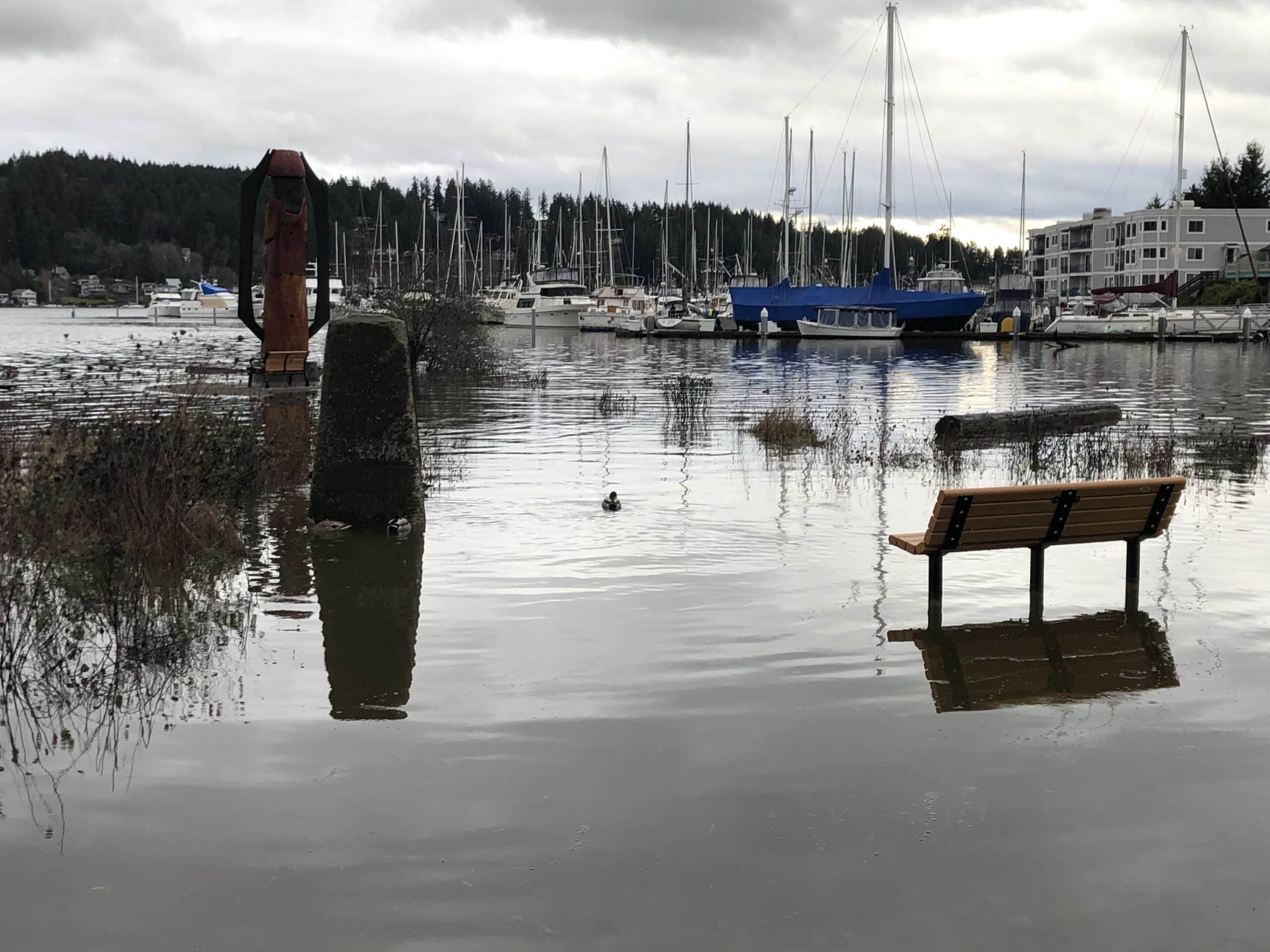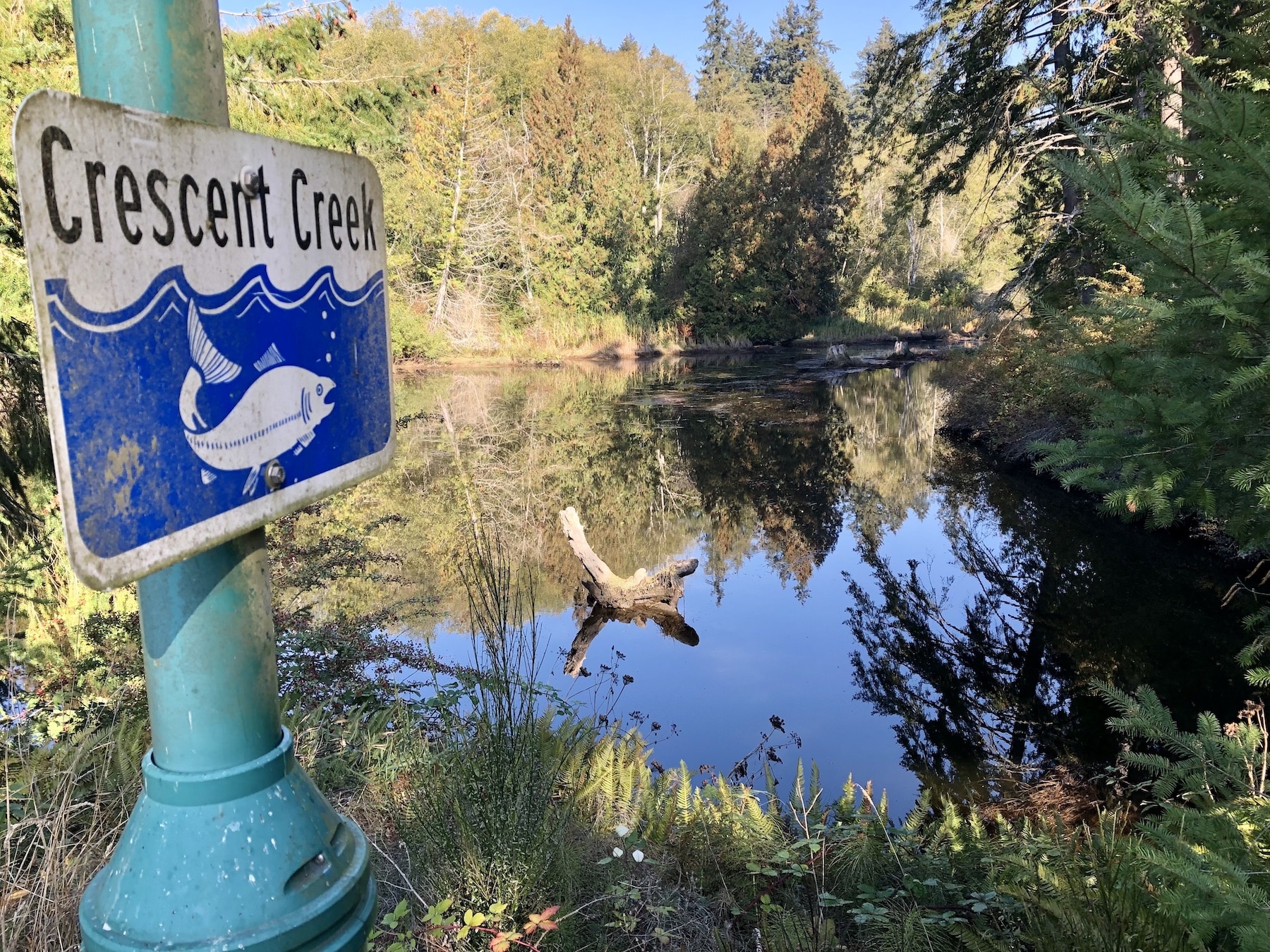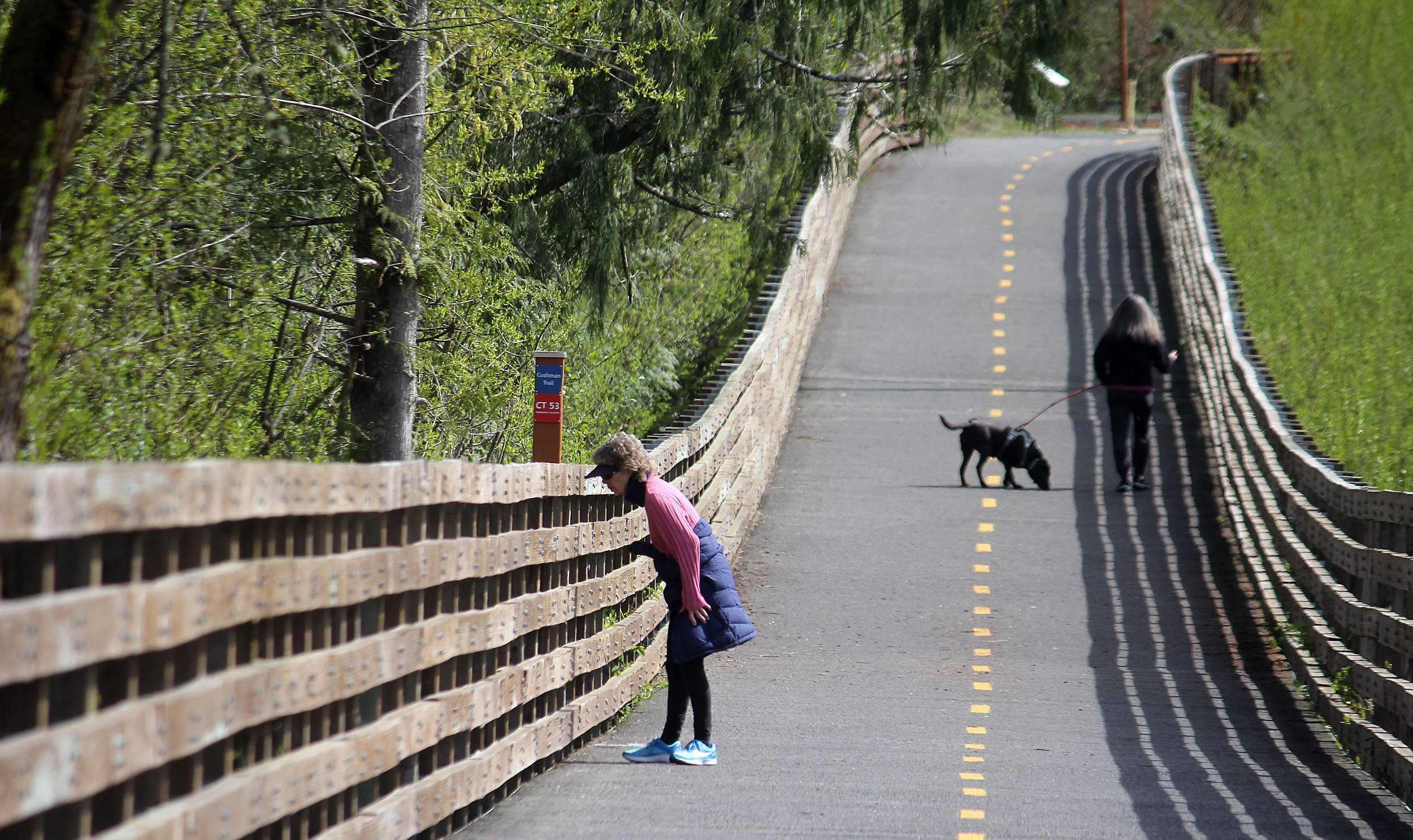Business Community Environment Government
City residents discuss ideas for climate action plan
The city of Gig Harbor hosted an online workshop on climate change on March 29, as part of its efforts to craft a Climate Action Plan.
Seattle-based Cascadia Consulting Group led the workshop, attended by more than two dozen people. The consultants gathered feedback on five “overarching sectors” of the action plan: transportation; buildings and energy; natural systems; consumption and disposal; and community resilience.
At the workshop and in other research, Cascadia seeks to measure strategies for reducing emissions and developing resiliency to climate change.
After discussing ways in which climate change has directly impacted participants, they formed breakout groups to discuss strategies and actions. Topics the groups discussed included:
Building and energy
Strategies for making buildings more energy-efficient could include transitioning from natural gas to all-electric in new buildings. Workshop attendees also discussed promoting green power and expanding incentives for customers to install heat pumps.
Others pointed to the importance of educating owners of large buildings about the Washington Clean Buildings Act, which requires buildings over 50,000 square feet to reduce their energy use intensity 15% compared to the 2009-2018 average.
Several participants suggested that the city should change zoning regulations to increase housing density.
“Single-family zoning cuts across potential riparian systems and wildlife corridors and deletes the canopy that the city will eventually have to restore somewhere,” Lucinda Wingard said.

Coastal flooding is a reality of climate change.
Natural systems
Sea level rise and coastal erosion are realities of climate change. Participant Mark Hoppen, a retired city administrator, suggested that Gig Harbor’s waterfront and estuary parks “could benefit from thoughtful placement of vegetation such as trees, large shrubs or low growing cover.
“Not only is such planting ecologically responsible, (if) properly designed it may assist with recovery from tidal intrusions,” Hoppen said.
Wingard, a member of the Crescent Valley Alliance, suggested that addressing sea level rise should be part of the Crescent Creek Master Plan the city is developing. Identifying Crescent Creek Park as a “natural area” in the city’s Parks, Recreation and Open Space plan also makes sense, she said.
Other strategies include encouraging residents to plant more trees and use drought-resistant landscaping.

Crescent Creek.
Transportation
Participants engaged in a lengthy discussion on how transportation contributes to greenhouse gas emissions. One participant said that she “doesn’t want to go anywhere near Harborview Drive in the summer” because of the traffic congestion.
Others suggested ideas such as public education about the benefits of driving electric vehicles, developing more EV charging station and requiring them in new multi-family construction.
Another suggestion was to improve public transportation and encourage more bike riding and improve bike- and walking-paths.

Improving and encouraging use of walking and bicycling paths could be a strategy for the city’s Climate Action Plan.
Several people noted that building multi-family housing near existing bus routes makes sense and that land-use planning should focus on putting population density along projected public transportation routes.
“Public transportation use is central to reducing greenhouse gas, and yet the City Council is reluctant to add more area dedicated to multifamily housing,” Wingard said.
“I recognize the constituent pressure to retain the ‘character of the community,’ but slowing suburban expansion into rural areas, reducing commutes and road expansion is the point.”
Hoppen shared his experience in dealing with a similar challenge when he was a city administrator in King County. “Imagine you get on a small, environmentally sensitive van at known, fixed access points, instead of a big bus,” he said.
“The van takes you where you need to go, and then when returning, it can veer up to a quarter-mile off the fixed path to take you to your home with your bags. Getting people out of cars and using truly convenient transportation options is actually possible.”
Community resilience
Ideas for improving community resilience to climate change included:
- Accelerating improvements to the electrical grid.
- Installing solar cells and green roofs in homes and businesses.
- Installing ceiling fans and air filters in homes and businesses, which could help people cope with wildfire smoke.
Consumption and disposal
Participants suggested numerous strategies for reducing waste, including:
- Mandatory composting and recycling.
- Creating community gardens at schools, churches, parks and other shared spaces.
- Supporting programs such as tool libraries and “Buy Nothing” groups that share resources to reduce consumption rates.
Cross-cutting and municipal strategies
Topics discussed in this category included:
- Engaging local schools to educate students about climate and sustainability issues.
- Developing climate action and awareness outreach programs to encourage residents to advocate for state and federal legislation.
- Encouraging city staff to carpool.
- Buying electric vehicles for the city motor pool.
- Creating a Climate Action Plan newsletter.
- Working with local tribes to share resources and ideas on climate change issues.
Next steps
Participants agreed that there’s no single solution combatting climate change. Solutions need to overlap and include many different strategies.
Strategies for reducing fossil fuel use in transportation affects land-use decisions.
Retaining and planting more trees improves air quality as well as wildlife corridors, which affects parks planning and private open spaces.
Shoreline stewardship affects commercial enterprises and groundwater quality.
Carl de Simas, the city’s community development director, said the results gleaned from the workshop were valuable.
“The attendees brought a number of great ideas for efficiencies in municipal operations, improvements to park space and respect for the shoreline environment,” de Simas said in a follow-up email.
“We’re now awaiting a complete feedback summary from Cascadia that will be used to inform the draft Climate Action Plan.”
The draft is currently in production and will be ready for public review sometime in early June 2023. The City Council expects to approve the plan this summer.
